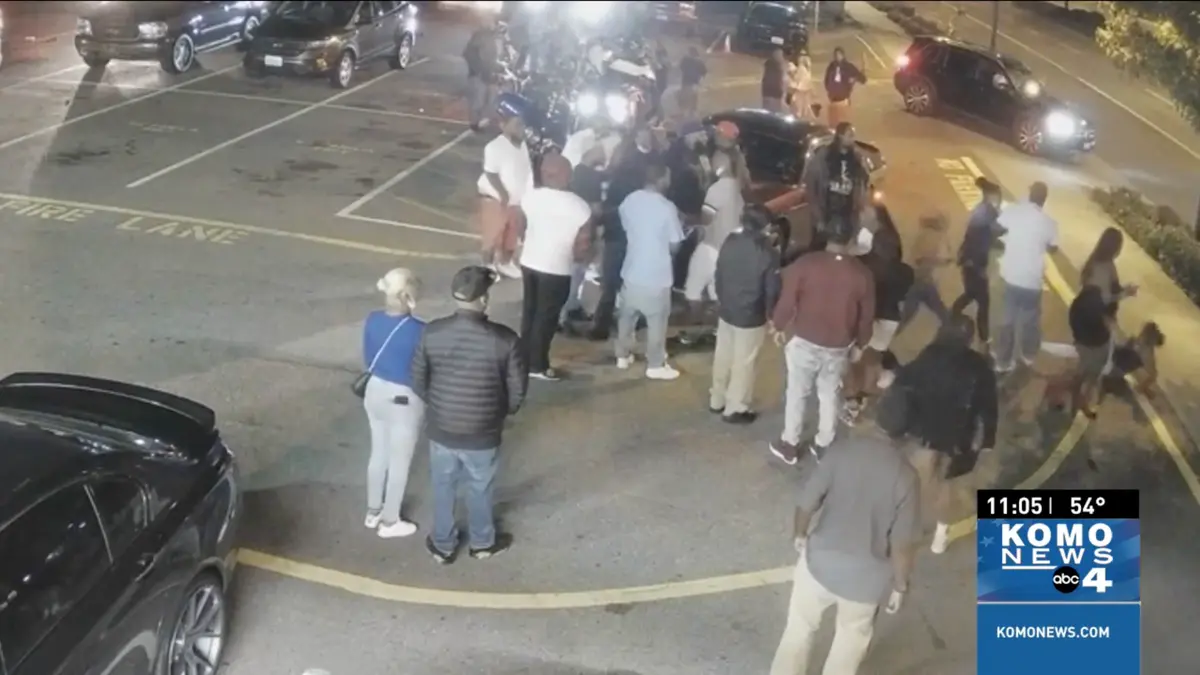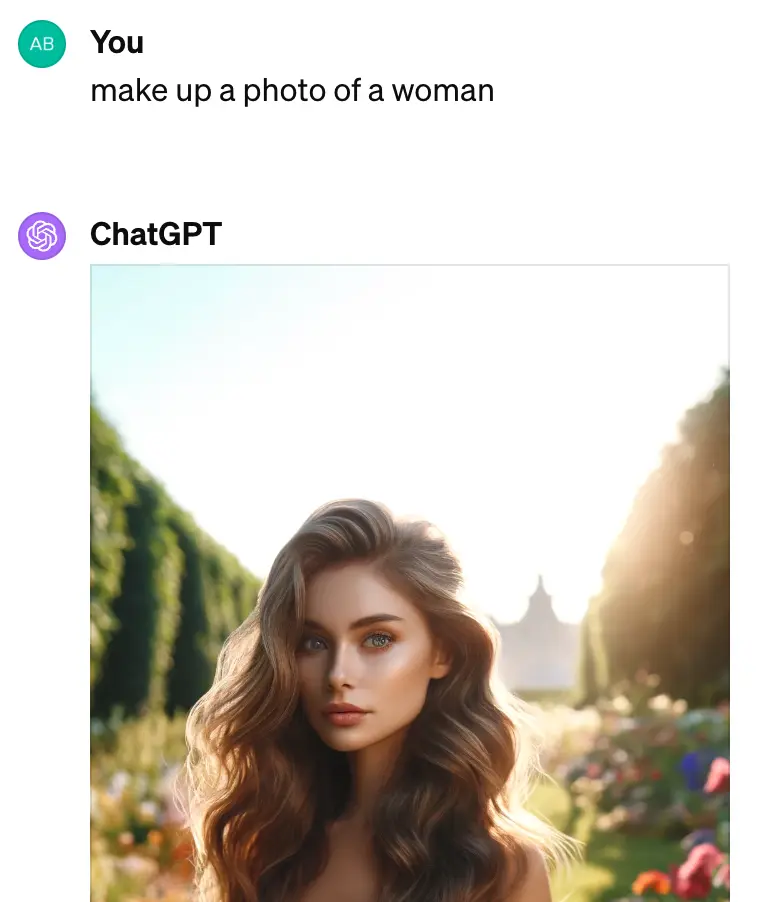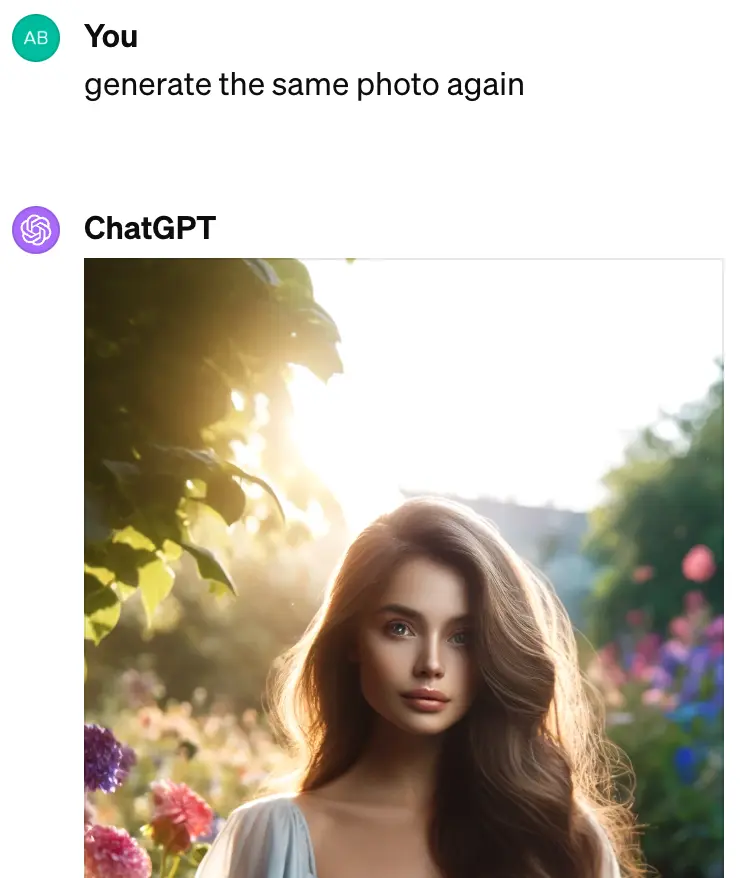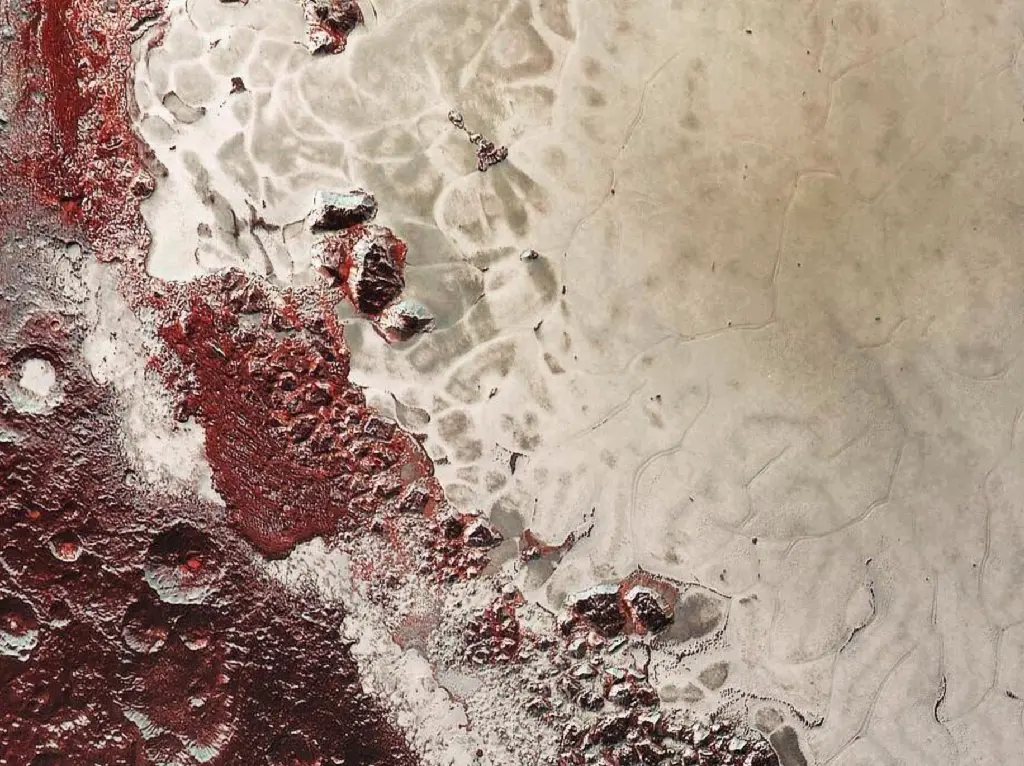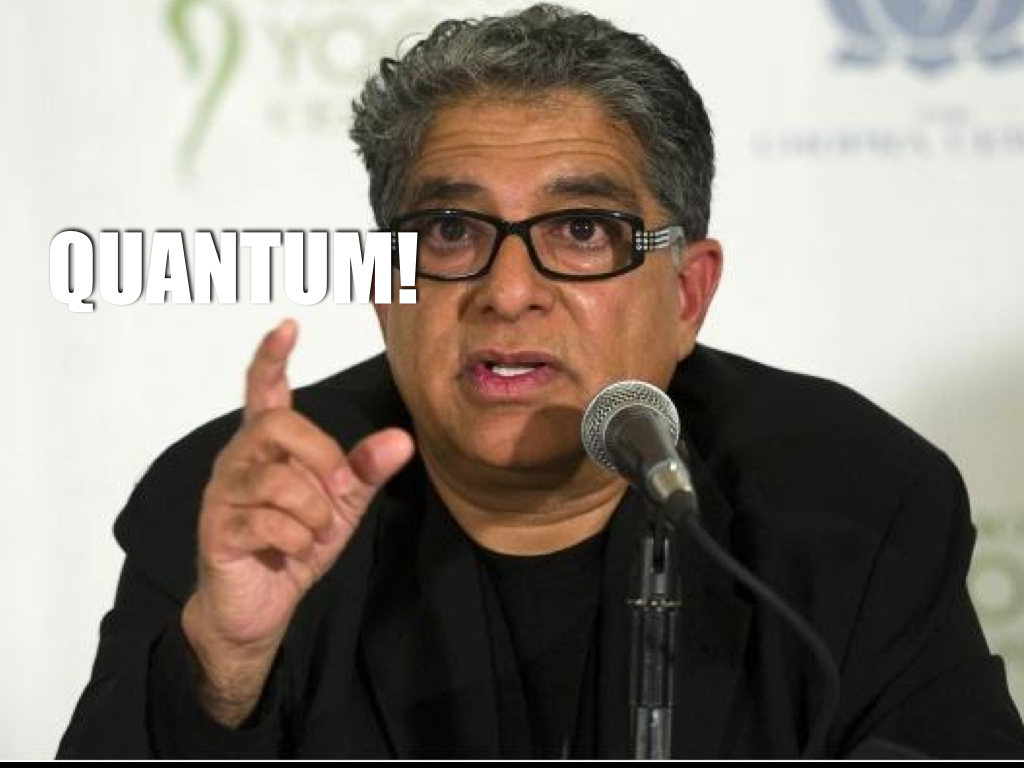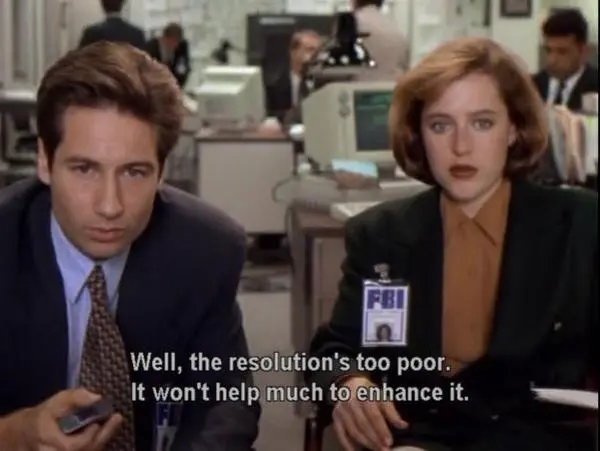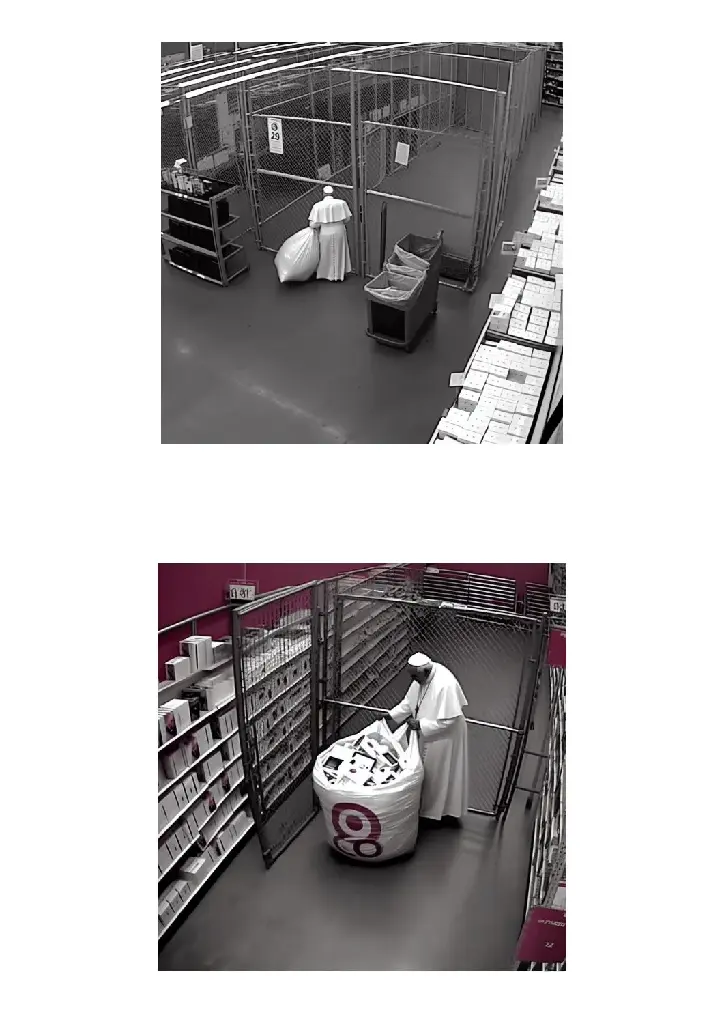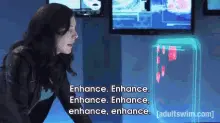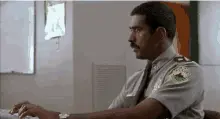Aren’t we already in a kind of dark age?
In the sense of actually making things in the backbone of our civilization becoming a process and knowledge heavily centralized and removed from most people living their daily lives, yes.
Via many small changes we've come to the situation where everybody uses Intel and AMD or other very complex hardware, directly or in various mechanisms, which requires infrastructure and knowledge more expensive than most nation-states to produce.
People no more can make a computer usable for our daily processes via soldering something together using TTL logic and elements bought in a radio store, and we could perform many tasks via such computers, if not for network effect. We depend on something even smart people can't do on their own, period.
It's like tanks or airplanes or ICBMs.
A decent automatic rifle or grenade or a mortar can well be made in a workshop. Frankly even an alternative to a piece of 50s field artillery can be, and the ammunition.
What we depend on in daily civilian computing is as complex as ICBMs, and this knowledge is even more sparsely distributed in the society than the knowledge of how ICBMs work.
And also, of course, the tendency for things to be less repairable (remember the time when everything came with manuals and schematics?) and for people to treat them like magic.
This is both reminiscent of Asimov's Foundation (only there Imperial machines were massive, while Foundation's machines were well miniaturized, but the social mechanisms of the Imperial decay were described similarly) and just psychologically unsettling.

